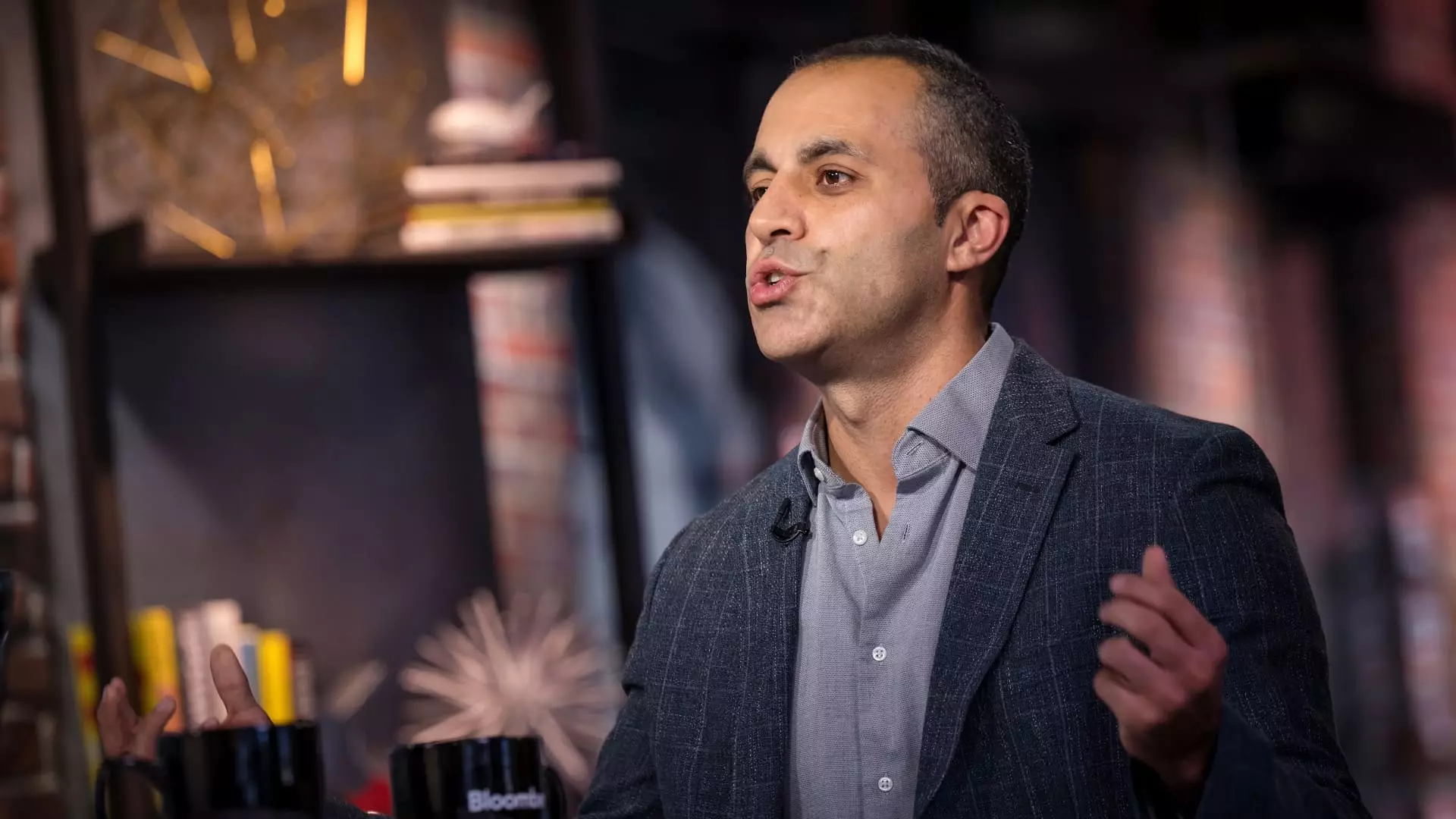In a noteworthy development within the tech industry, Databricks, a trailblazer in the big data and AI sector, is currently engaged in a substantial funding round. Reports indicate that the San Francisco-based company is poised to secure at least $5 billion, potentially escalating to $8 billion as discussions remain active. This could elevate Databricks’ valuation to approximately $55 billion, a significant leap from its previous $43 billion valuation achieved during a $500 million funding round. Such fundraising efforts underscore the growing interest in artificial intelligence and data analytics, positioning Databricks as a key player within a burgeoning market.
Despite the immense financial backing, Databricks appears in no rush to transition into the public arena. This decision can be attributed to several strategic motivations. Primarily, the funding allows employees to liquidate shares, thus alleviating pressure for a liquidity event, such as an initial public offering (IPO). With the market’s volatility—particularly the downturn experienced by public software stocks—Databricks’ strategy to stay private signals a longer-term vision. CEO Ali Ghodsi emphasizes the importance of building the company’s success over the next decade rather than fixating on immediate public listing pressures.
This thinking is particularly pertinent in light of current market conditions, where software-related stocks have faced notable challenges due to rising interest rates. For instance, Snowflake, a well-known competitor, has seen its shares decline by 13% this year. The struggles of public tech companies contrast sharply with Databricks’ growth trajectory, thereby reinforcing the wisdom of maintaining the private company status while achieving operational and financial milestones.
Founded in 2013, Databricks specializes in software solutions that empower organizations to effectively manage, analyze, and leverage vast datasets. The company has gained significant traction in the enterprise sector, servicing clients ranging from telecommunications giant AT&T to healthcare retailer Walgreens. Notably, it has enhanced its product offerings through strategic acquisitions, such as the recent purchase of MosaicML for $1.3 billion, which focuses on developing large language models that facilitate natural language generation.
Such innovations place Databricks at the forefront of the growing AI industry, characterized by massive investments—recent data indicates that one-third of all venture capital funding is funneled toward AI startups. Competitors like OpenAI have already set high benchmarks, with the latter securing $6.6 billion in October at a staggering $157 billion valuation. In this context, Databricks is not only competing for market space but also for investor confidence and partnerships, a competitive landscape that amplifies the importance of its funding round.
With a projected annual revenue of $2.4 billion by mid-2024, Databricks is clearly capitalizing on its current momentum. The choice to eschew an IPO in favor of nurturing its business development reflects a broader trend among successful tech firms that prioritize long-term growth and stability over short-term market pressures. Ghodsi’s comments at the Cerebral Valley AI Conference, where he indicated that the earliest possible public offering would be mid-next year, further reinforce this strategic patience.
As Databricks navigates this complex landscape, it remains well-positioned to thrive without the immediate pressures of public trading. By focusing resources on innovation and talent acquisition, the firm is laying the groundwork for sustained growth, betting on the inevitable expansion of AI applications across various industries.
As Databricks unfolds its funding strategies and adapts to the shifting dynamics of the tech market, it is evident that the company is charting a unique course—a calculated retreat from the conventional path toward being publicly listed, in favor of a more expansive and deliberate approach to growth in the exciting realm of artificial intelligence and big data.

